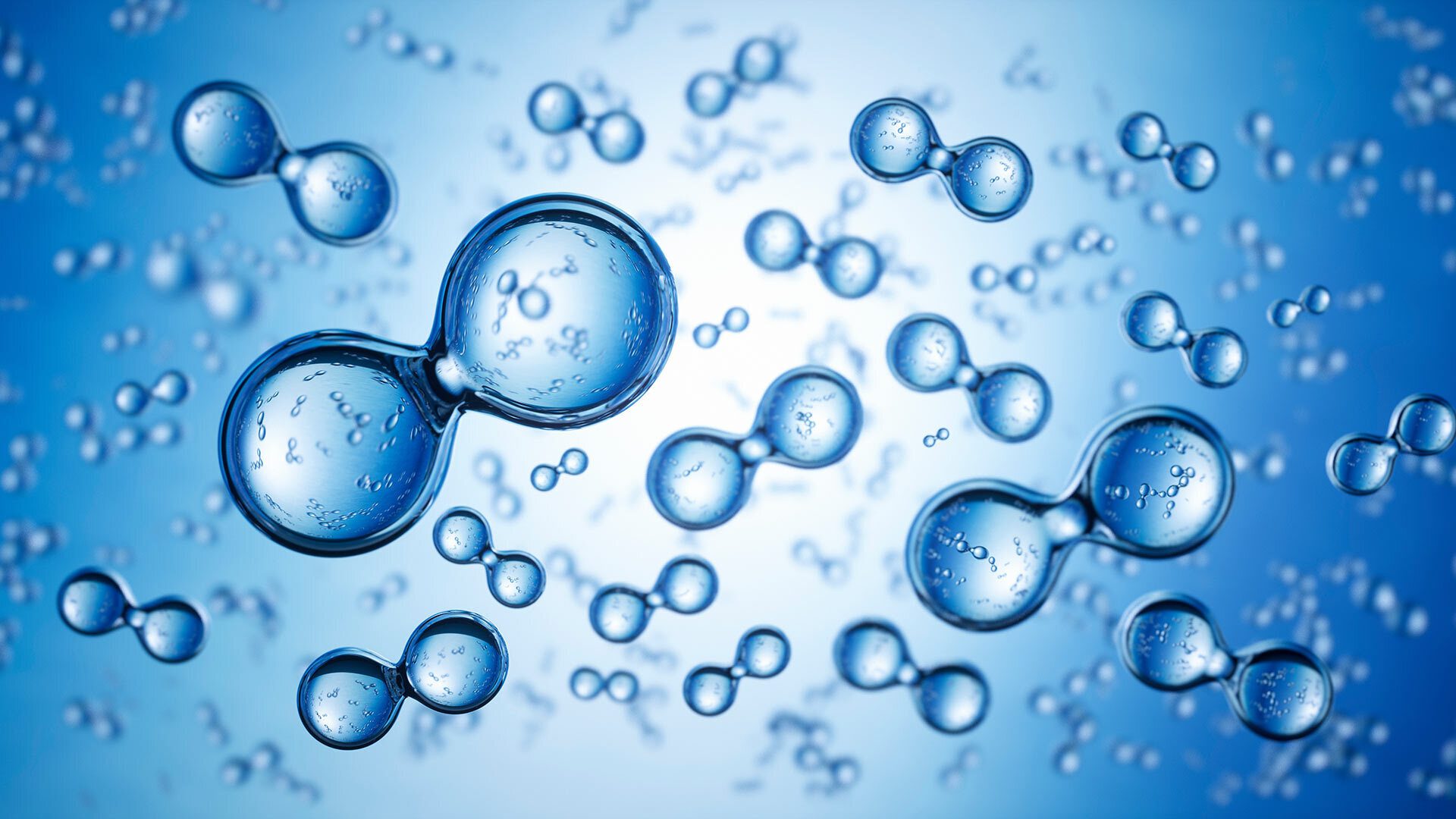- September 09, 2024
- By Robert Herschbach
Backed by a $10 million U.S. Department of Energy (DOE) grant, the University of Maryland and research partners are working to overcome a hurdle to widespread adoption of hydrogen-powered vehicles and equipment, which emit no pollution or greenhouse gas: a dearth of fueling stations.
The grant is among 20 announced by the Biden administration last week that together direct nearly $62 million in funding to advancing clean hydrogen fuel technologies.
"This is a significant achievement that showcases our commitment to advancing hydrogen technology, reliability engineering, and risk management," said Katrina Groth, an associate professor of Reliability Engineering in the Department of Mechanical Engineering and associate director of UMD’s Center for Risk and Reliability (CRR), which is partnering with project leader Plug Power to develop a modular, standardized hydrogen refueling station. Washington State University and the National Renewable Energy Laboratory are also collaborating on the project.
With the U.S. aiming for significant carbon emission reductions by 2030, hydrogen-fueled vehicles are drawing increased attention as a means of meeting national emissions goals. Plug Power, which currently operates more than 250 high-performance refueling stations, is one of the firms helping to spearhead the trend. Hydrogen-powered cars are a climate-friendly alternative to gas-powered models, and they refuel faster and can go farther than current EV models.
The project aims to solve a chicken-and-egg problem with expanding their use: There aren’t enough fuel stations to support vehicles on the road, or enough hydrogen vehicles on the road to achieve a critical mass needed to support a network of refueling stations.
The push for hydrogen fuel faces a technical challenge as well: Over prolonged periods of storage, much of the liquid stored fuel turns into gas and is lost through venting of tanks for safety. Plug Power’s proposed solution, HYPER-Fuel, would make more extended storage times feasible by developing a process of reliquification of hydrogen.
The company and its university and federal partners plan to develop a liquid-to-gaseous hydrogen refueling station architecture that is capable of meeting federal operation targets and build a prototype station in Washington state. UMD will provide technical expertise to assess and predict the reliability of critical fueling station components.
"With the help of component- and system-level prognostics, our researchers show how risks may be managed, losses eliminated and performance ensured in complex applications such as hydrogen refueling stations," said Harry Dankowicz, chair of the UMD Department of Mechanical Engineering.
Topics
Research